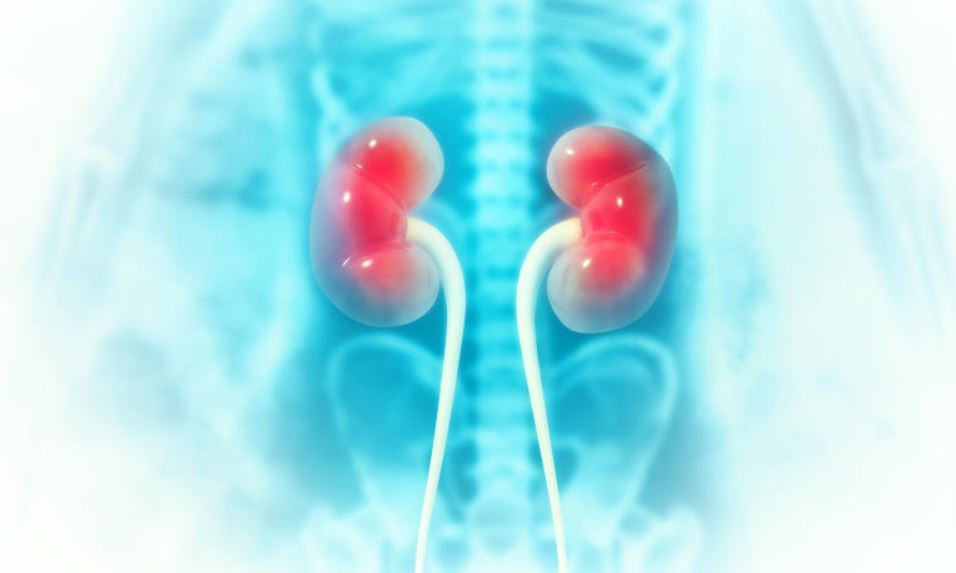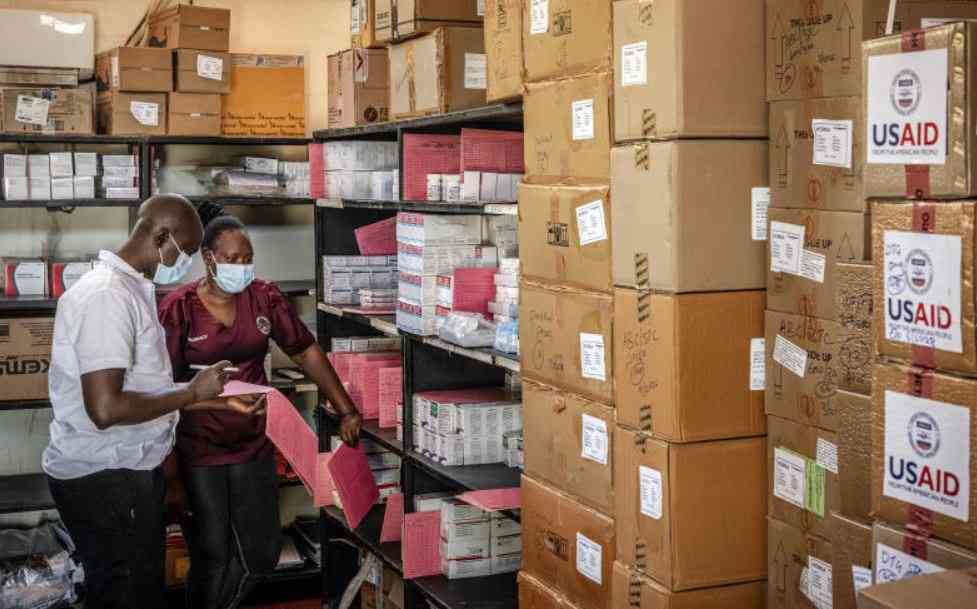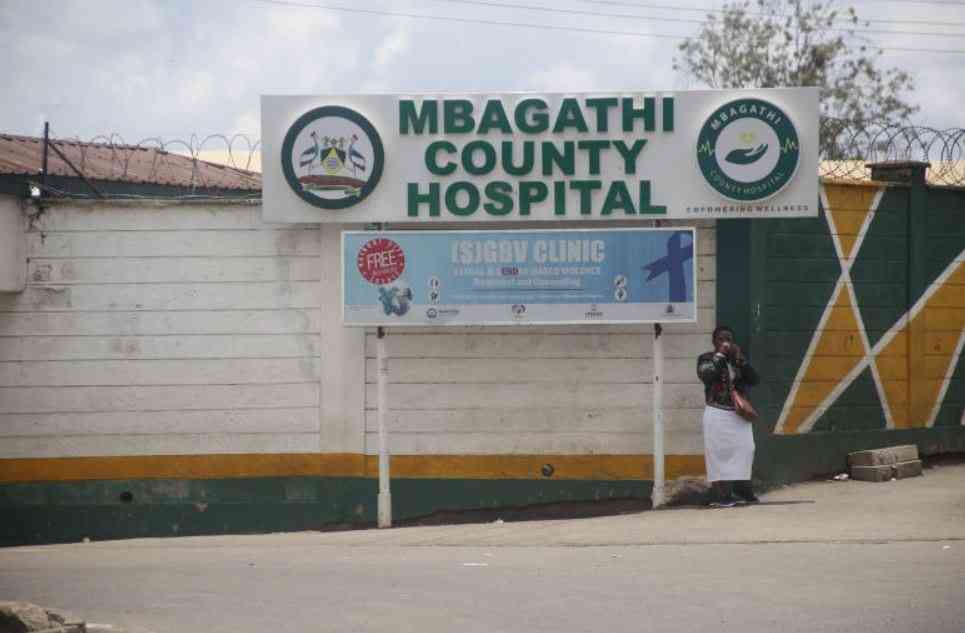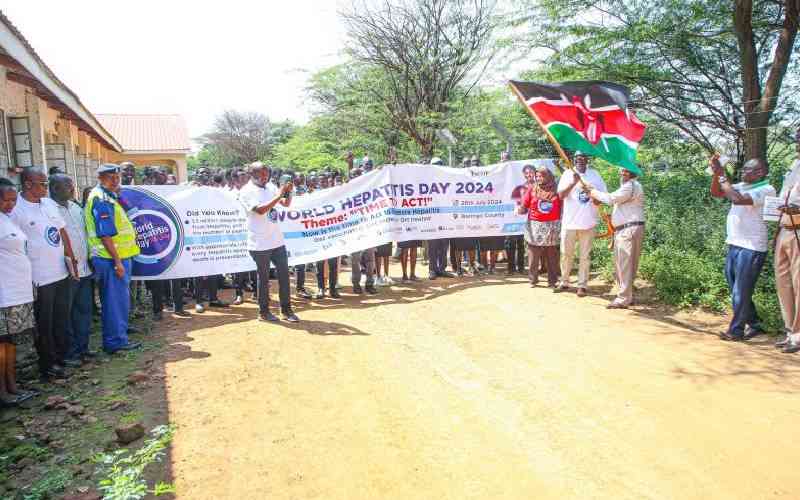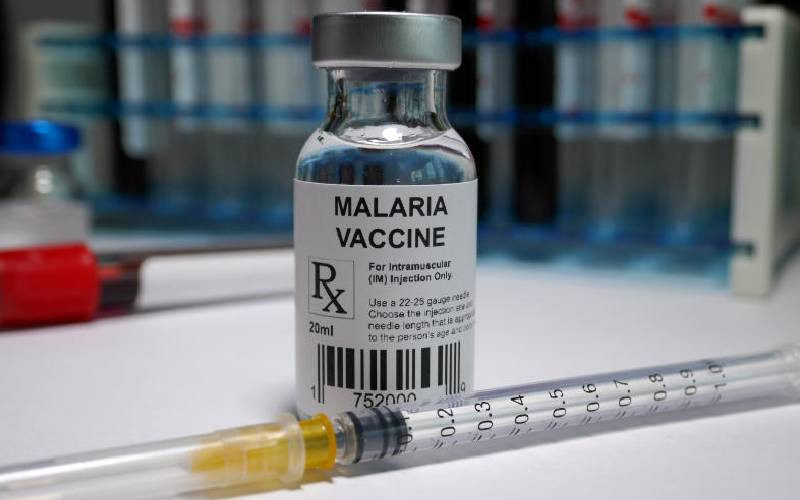
Health experts are calling for governments to introduce innovative financing measures, including health taxes on alcohol, sugary drinks, and processed foods, to sustainably fund the fight against non-communicable diseases (NCDs).
They warn that continued reliance on external aid is no longer tenable and risks leaving millions vulnerable to diseases, such as cancer, diabetes, cardiovascular conditions, and hypertension.
At a cross-country learning workshop on NCDs in Nairobi, representatives from seven countries — Cameroon, Ghana, Kenya, Malawi, Rwanda, Somalia, and Uganda, emphasised the need for Africa to anchor its NCD response on domestic solutions.
They are advocating for a scale-up in domestic resource mobilisation and ring-fencing of allocations for prevention, treatment, and long-term system strengthening.
NCDs are now among the leading killers globally, accounting for 74 per cent of all deaths and 84 per cent of premature deaths in low- and middle-income countries, according to the World Health Organisation (WHO).
In Africa, cases have steadily increased since 2017, threatening to overwhelm already fragile health systems that are traditionally geared towards communicable diseases like malaria, HIV, and tuberculosis.
“Domestic resource mobilisation is more than just raising funds, it is about aligning those funds with national priorities and ensuring they are spent efficiently,” said Jackson Otieno, Senior Research and Policy Analyst at the African Institute for Development Policy (AFIDEP).
By placing domestic financing at the centre of health strategies, African countries can secure predictable funding for NCDs and reduce dependence on external aid.
- Epidemic in slow motion: Experts sound alarm over rise in NCDs deaths
- You love chips-kuku? Well, the government is coming for you
- Majority of Kenyans suffering from undetected diseases, experts warn
- Kenya faces shortage of physicians as NCD among kids in Nairobi rise, experts say
Keep Reading
Tax shortfall
According to WHO, a 50 per cent tax should be imposed on unhealthy products, but in Kenya, taxation currently stands at 32 per cent.
A report by the Ministry of Health (MoH) shows that in the 2018/2019 financial year, NCDs accounted for only 11.6 per cent of the national health budget. Of this, nearly 80 per cent went to curative services, with just 3.7 per cent allocated to preventive care.
In 2024/2025, the recurrent allocation from the Treasury was only US$78,000 (Sh10.1 million) out of a planned work budget of US$555,900 (Sh72 million).
Despite contributions from national and county governments, social health insurance, and development partners, households still bore nearly a quarter of NCDs costs out-of-pocket. “This heavy out-of-pocket burden undermines equitable access to care and makes the case for stronger domestic investment,” said Rose Oronje, AFIDEP’s Deputy Executive Director. “We must invest in prevention and early treatment of NCDs rather than wait until people are terminally ill — that is like supervising death.”
In Ghana, NCDs account for 94,400 cases annually, representing 45 per cent of total deaths, according to Labran Musa, Executive Director at the Vision for Accelerated Sustainable Development. Ghana allocates 60 per cent of its national health insurance budget to chronic conditions, ensuring patients access lifesaving care without catastrophic expenditure.
“Governments should increase allocations to NCDs, not just in policy, but in practice. We are advocating for at least 50 per cent of revenues raised from tobacco, alcohol, sugar-sweetened beverages, and processed food taxes to be ring-fenced for NCD prevention and treatment,” said Musa.
Participants noted that taxation on harmful products, sometimes referred to as a “black tax”, could discourage unhealthy consumption while generating funds for health.
However, they cautioned that revenue from such levies often disappears into consolidated funds, diluting its impact on health. “It must be channelled directly into NCD prevention, primary healthcare, and treatment programmes,” said Otieno.
Beyond taxation, the workshop highlighted opportunities for public-private partnerships, catalytic financing, and regional cooperation.
Herb Riband, Director at Access Accelerated, said: “By sharing experiences, countries can build sustainable financing models and move closer to equitable health systems.”
Despite the 2001 Abuja Declaration committing countries to allocate 15 per cent of national budgets to health, only Rwanda in East Africa has met the target. Kenya lags at 11 per cent.
 The Standard Group Plc is a multi-media organization with investments in media
platforms spanning newspaper print
operations, television, radio broadcasting, digital and online services. The
Standard Group is recognized as a
leading multi-media house in Kenya with a key influence in matters of national
and international interest.
The Standard Group Plc is a multi-media organization with investments in media
platforms spanning newspaper print
operations, television, radio broadcasting, digital and online services. The
Standard Group is recognized as a
leading multi-media house in Kenya with a key influence in matters of national
and international interest.

